Vitamin deficiency is a serious health issue.
It can lead to anemia, osteoporosis and heart disease among other things. If you’re feeling tired or run down, how do you know if it’s due to low vitamin levels?
The good news is that there are ways for people to test their vitamin levels with relative ease with a simple doctor’s appointment!
In this post we will go over how doctors test for vitamin deficiencies and how you can prepare yourself before the visit.
How Doctors Test For Vitamin Deficiency

Blood tests are the main way doctors test you for any vitamin deficiency.
1 – Low Amount of Red Blood Cells
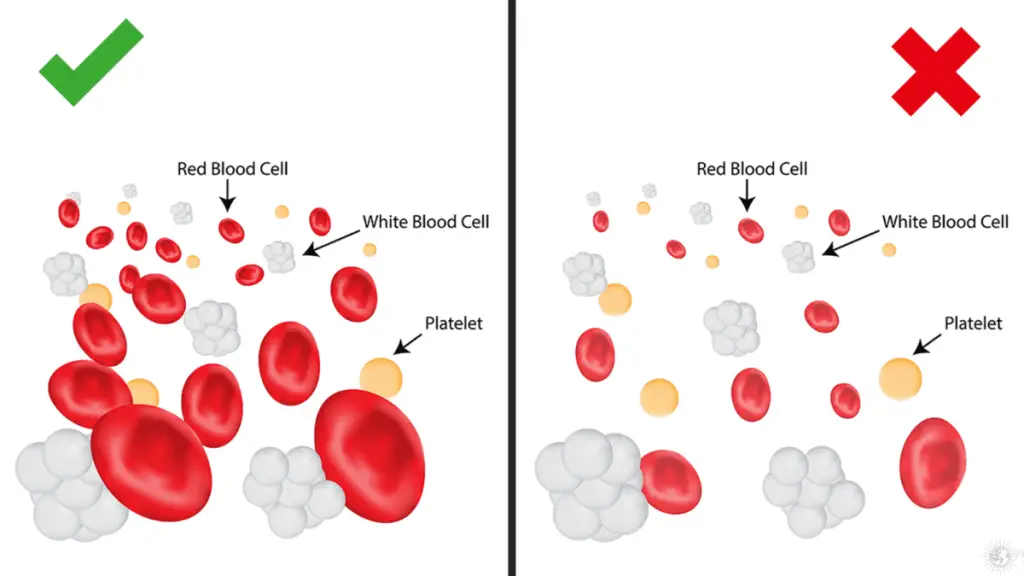
The most common vitamin deficiency is anemia.
Anemia is when your red blood cell count is low. You don’t have enough red blood cells!
By taking a small blood sample, a doctor can easily check if your blood cell count is appropriate.
2 – Odd Looking Red Blood Cells
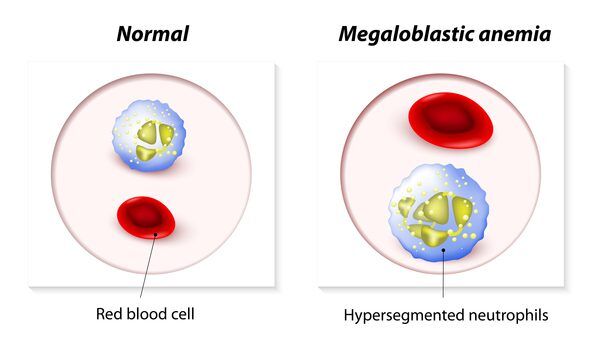
Another sign of anemia vitamin deficiency is that your blood cells will appear large and unformed.
With a quick look under the microscope a doctor can confirm if your red blood cells look strange.
3 – Check Micronutrient Levels
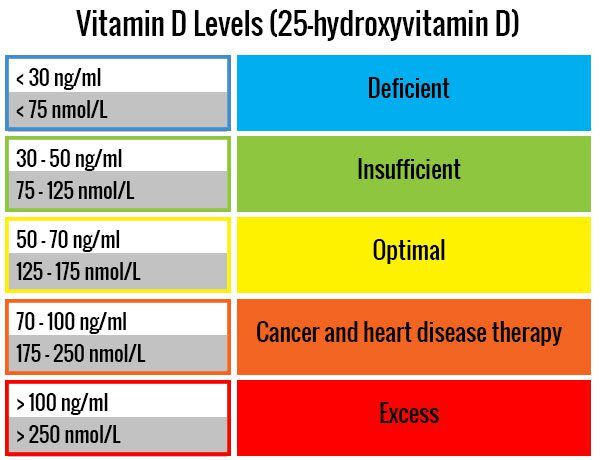
Micronutrients include:
- vitamins
- minerals
- antioxidants
A blood test can help doctors measure your levels of micronutrients and compare them to normal values.
4 – Check Macronutrient Levels
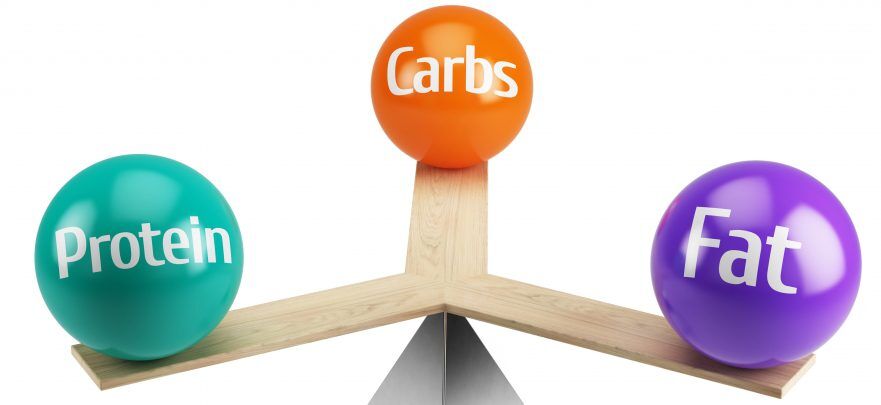
Macronutrients include:
- blood sugar levels
- cholesterol
- proteins
Preparing for Doctor’s Appointment
A doctor is very busy so it’s best you prepare to maximize your results.
Here’s how to prepare for a doctor’s visit for vitamin deficiency concerns.
1 – Keep A Food Journal

What you eat has a huge impact on how much vitamins and minerals are in your system.
Make sure to keep track of what foods you’re consuming for at least two weeks before the appointment.
Now when the doctor asks you, “Have you been eating (Specific Food)?” you will have definitive answer!
Here are some other questions your doctor may ask you:
- how often do you eat fruits and vegetables?
- how much alcohol do you drink on a weekly basis?
- do you smoke or use recreational drugs?
- how many servings of meat do you consume per week?
- what appears to worsen your symptoms?
2 – Keep Track of Your Symptoms
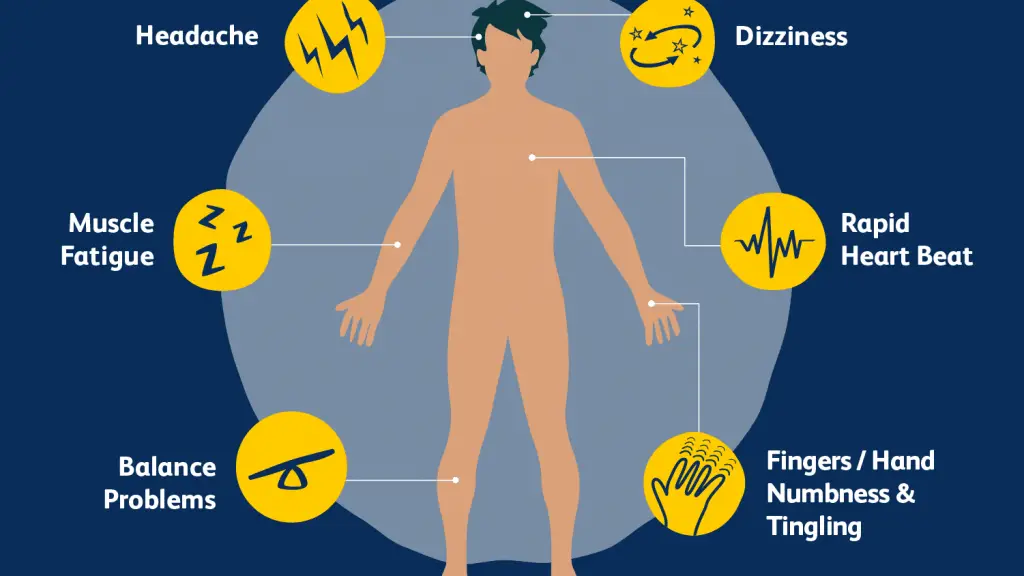
Many signs of vitamin deficiency are similar, but some vitamin deficiencies have different symptoms than others.
Common signs of vitamin deficiency include:
- fatigue
- weakness
- joint pain
- muscle aches and pains
But specific vitamin deficiency signs may differ, for example:
- Calcium deficiency: numb or tingling fingers
- Vitamin D deficiency: bone pain, mood shifts
- Potassium deficiency: muscle weakness, irregular heartbeat
Again, keep track of how you’re feeling during the two weeks before your appointment so that when the doctor asks if any symptoms have appeared, you’ll be able to give them an accurate answer!
If you are looking for a food journal app (without weight loss emphasis) read my review here.
3 – Have Questions Prepared
Here are some questions you can ask your doctor:
- How much vitamin do I need to take?
- What should happen if my levels are too high or low?
- Are there any risks associated with the type of deficiency that I have?
- Are their other treatments besides taking supplements, such as diet changes and lifestyle adjustments?
Lastly, be sure to bring along a list of all medications you’re currently taking, including over-the-counter drugs!
Conclusion
Doctors have a number of ways to test for vitamin deficiencies.
The most accurate way is through your blood work, but they also look at the food journal you keep and what vitamins are in it (or missing).
If none of this sounds like something you want to do on your own, don’t worry!
Our team has already done all the research for you and compiled our best tips into an easy-to-follow guide that will help get rid of pesky cravings once and for all without having to go out there looking for answers yourself!



